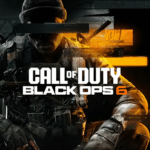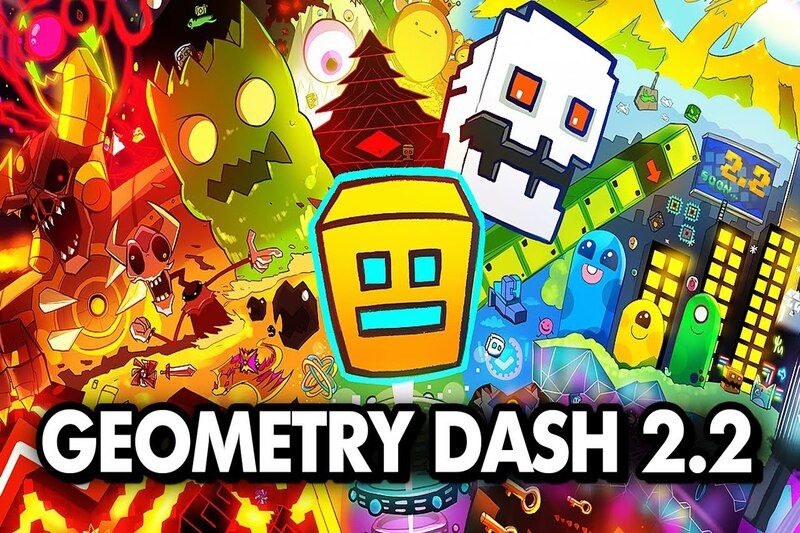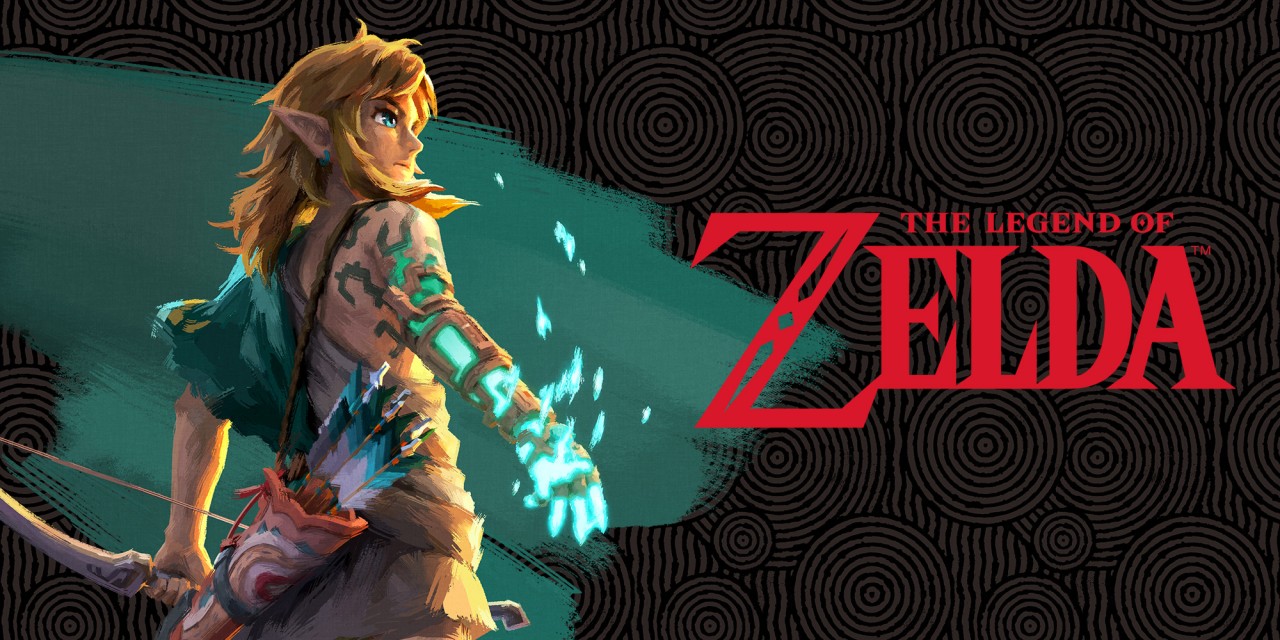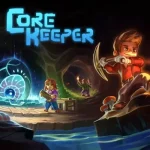Advertisement
Popular Now
Marvel Rivals, developed by NetEase Games and Marvel Games, is a vibrant 6v6 hero shooter that brings the Marvel Universe to life with dynamic team-based gameplay. Launched in December 2024, the game has captivated players with its roster of iconic characters, destructible environments, and synergistic Team-Up abilities, boasting over 10 million players within its first month. However, one issue has sparked intense debate within the community: the balance of dive heroes—characters like Venom, Spider-Man, and Black Panther, designed for aggressive, high-mobility playstyles that target enemy backlines. While these heroes add thrilling chaos to matches, their dominance in competitive play has raised concerns about fairness, team composition, and overall game health. This article explores the evolution of the dive hero balance issue, its impact on Marvel Rivals’ competitive scene, and potential solutions, drawing from community feedback and developer responses.
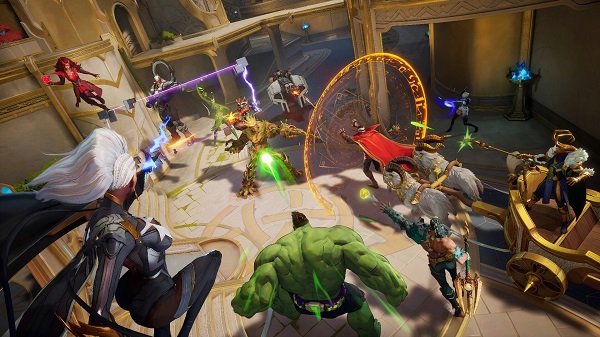
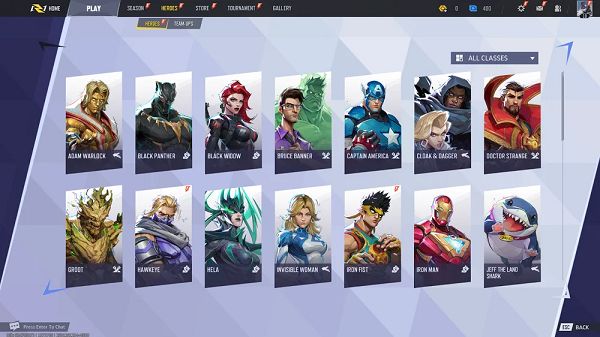
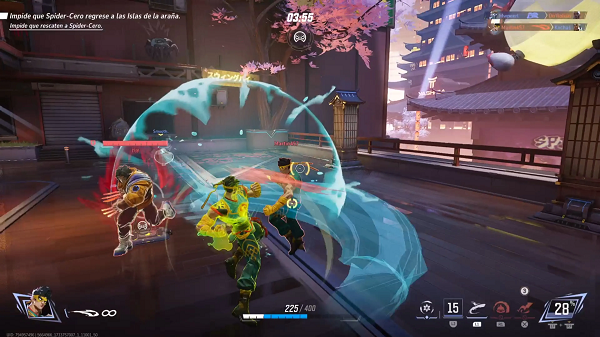
Initial Launch: The Rise of Dive Heroes

Defining the Dive Playstyle
At Marvel Rivals’ launch, dive heroes were introduced as fast, mobile characters who excel at bypassing enemy frontlines to eliminate high-value targets like supports or damage dealers. Characters like Venom, with his web-slinging mobility and high burst damage, or Black Panther, with his pouncing attacks, embodied this high-risk, high-reward style. Players quickly gravitated toward these heroes, as their ability to disrupt enemy formations offered a thrilling contrast to the more static play of Vanguards and Strategists.Early Community Excitement
The community initially embraced dive heroes for their dynamic gameplay. A Reddit post from December 2024 described Venom as “a game-changer,” with players praising his ability to swing into backlines and secure kills. The fast-paced nature of dive heroes aligned perfectly with the game’s destructible environments, allowing players to creatively exploit terrain for ambushes. However, early competitive matches revealed that dive heroes could dominate uncoordinated teams, setting the stage for balance concerns.Competitive Mode Introduction: Dive Dominance Emerges
Mechanics of Competitive Play
With the introduction of competitive mode, Marvel Rivals offered a structured ranking system from Iron to Infinity, each with three tiers requiring 100 ranked points to advance. Dive heroes quickly became meta-defining due to their ability to secure kills and disrupt objectives. For instance, Spider-Man’s web-based mobility allowed him to contest points like Yggsgard’s capture zones with ease, while his high damage output overwhelmed squishy Strategists like Mantis.Player Feedback on Imbalance
Community feedback on platforms like Reddit and X highlighted the growing issue of dive hero dominance. A post by @EskayOW noted that dive heroes like Venom could “bypass entire team compositions” with minimal counterplay, especially in lower ranks where coordination was lacking. Players reported that teams stacking multiple dive heroes often steamrolled opponents, as supports struggled to survive relentless assaults. This led to calls for balance adjustments to ensure fairer matches.Community Debate: Are Dive Heroes Overpowered?

The Case for Dive Strength
Some players argued that dive heroes’ strength was intentional, reflecting their high-skill ceiling. A Reddit thread by u/LunarCuts explained that dive strategies, like using Strange’s portals to coordinate team dives, rewarded teamwork and map awareness. These players viewed dive heroes as essential for breaking stalemates on maps like Tokyo 2099, where static defenses could otherwise dominate. The community appreciated the excitement dive heroes brought, with their flashy plays often featured in highlight reels on Twitch.The Counterargument: Lack of Counterplay
However, others felt dive heroes tipped the balance too far. A Sportskeeda article noted that supports like Jeff the Land Shark were frequently targeted with little recourse, as their low mobility and long cooldowns made them vulnerable. Players complained that dive heroes required disproportionate team coordination to counter, which was often absent in solo queue. For example, stopping a Black Panther dive demanded precise timing from Vanguards like Hulk, which casual teams struggled to execute.Developer Response: Initial Balance Patches
First Adjustments to Dive Heroes
In response to community feedback, NetEase released a patch in January 2025, tweaking dive hero abilities. Venom’s web-slinging range was slightly reduced, and Black Panther’s damage output was nerfed by 10%. The patch notes, shared on marvel.church, emphasized maintaining the “fun factor” of dive heroes while addressing their dominance. However, players on X, like @ventafps, argued that these changes were “too minor” to impact the meta significantly.Mixed Community Reception
The community’s reaction was polarized. Some appreciated the cautious approach, noting that over-nerfing could ruin dive heroes’ appeal. Others felt the changes didn’t address core issues, such as the lack of reliable counters for supports. A Reddit thread suggested adding more crowd-control abilities to Strategists, like stuns or slows, to deter dives. The debate underscored the challenge of balancing high-mobility heroes without diminishing their unique playstyle.The Ranked System’s Role in Amplifying Issues
Point Disparities in Competitive
The ranked system exacerbated dive hero issues, as highlighted by @b0gur on X. DPS heroes, including most dive characters, gained 30 ranked points for wins but lost only 10 for losses, while supports gained 10 and lost 30. This incentivized players to lock DPS roles, leading to lobbies filled with dive heroes and few Strategists. The lack of a soft role queue further worsened team compositions, with solo queue players often refusing to switch off DPS.Impact on Team Dynamics
The skewed point system discouraged players from picking Vanguards or Strategists, roles critical for countering dives. For example, a Hulk player could absorb dive damage but struggled to protect backline supports without team coordination. A PCGamesN article noted that this dynamic made competitive matches feel “chaotic and unbalanced,” as teams with multiple dive heroes outperformed those with balanced compositions. The community began advocating for a role queue to ensure fairer matches.Event Updates and Dive Hero Synergies
New Heroes and Team-Ups
The “Leviathans” update in April 2025 introduced new heroes and Team-Up abilities, some enhancing dive strategies. For instance, the Rocket Raccoon-Groot synergy allowed Rocket to ride Groot for rapid repositioning, amplifying dive potential. While these additions were exciting, they further tilted the meta toward dive-heavy compositions, as teams could coordinate devastating backline assaults using abilities like Strange’s portals.Event-Driven Meta Shifts
Seasonal events, like the Hellfire Gala, introduced maps and objectives that favored mobility. Arakko’s open terrain allowed dive heroes to exploit flanking routes, making it harder for supports to find safe positions. Players on Reddit suggested that map design should include more choke points or cover to balance dive advantages. These events highlighted how new content, while engaging, often amplified existing balance issues.Community Strategies to Counter Dive Heroes

Player-Driven Solutions
The Marvel Rivals community responded creatively to dive hero dominance. Guides on YouTube and Reddit recommended heroes like Magneto, whose magnetic shields could block dive attempts, or Luna Snow, whose ice walls provided temporary cover for supports. Players also developed strategies like “peeling,” where Vanguards focus on protecting backlines rather than engaging enemy tanks. These tactics showed the community’s resilience in adapting to balance challenges.Tactical Team Compositions
Effective counter-dive compositions emerged, such as pairing Hulk with Doctor Strange to create defensive portals or using Storm’s crowd-control ultimates to disrupt dives. A Reddit guide listed key counter-dive tips:- Positioning: Supports should stay near cover or Vanguards to avoid isolation.
- Communication: Call out dive attempts in voice chat to coordinate counters.
- Ability Timing: Save crowd-control abilities for when dive heroes commit. These strategies helped, but their reliance on coordination remained a hurdle in solo queue.

